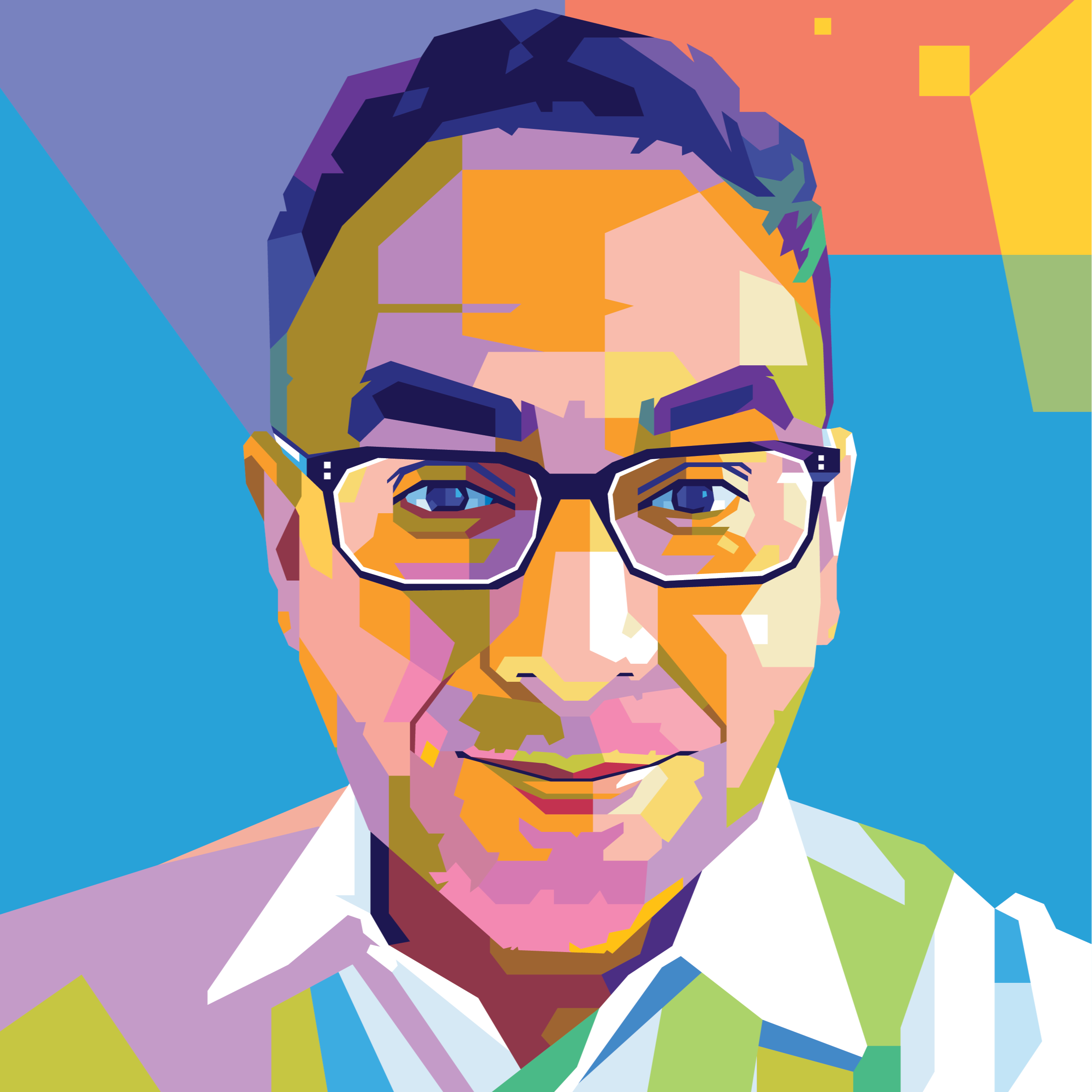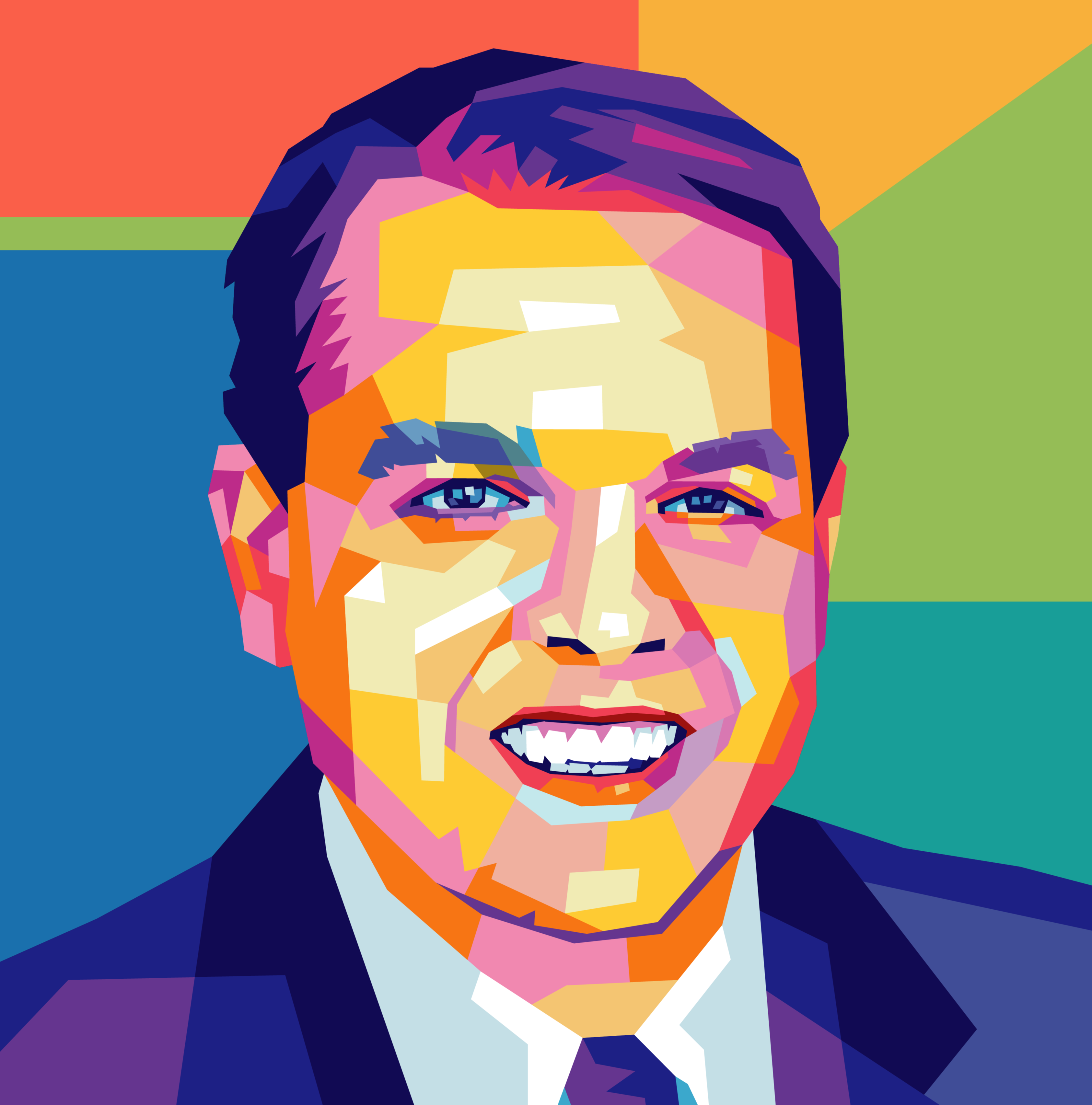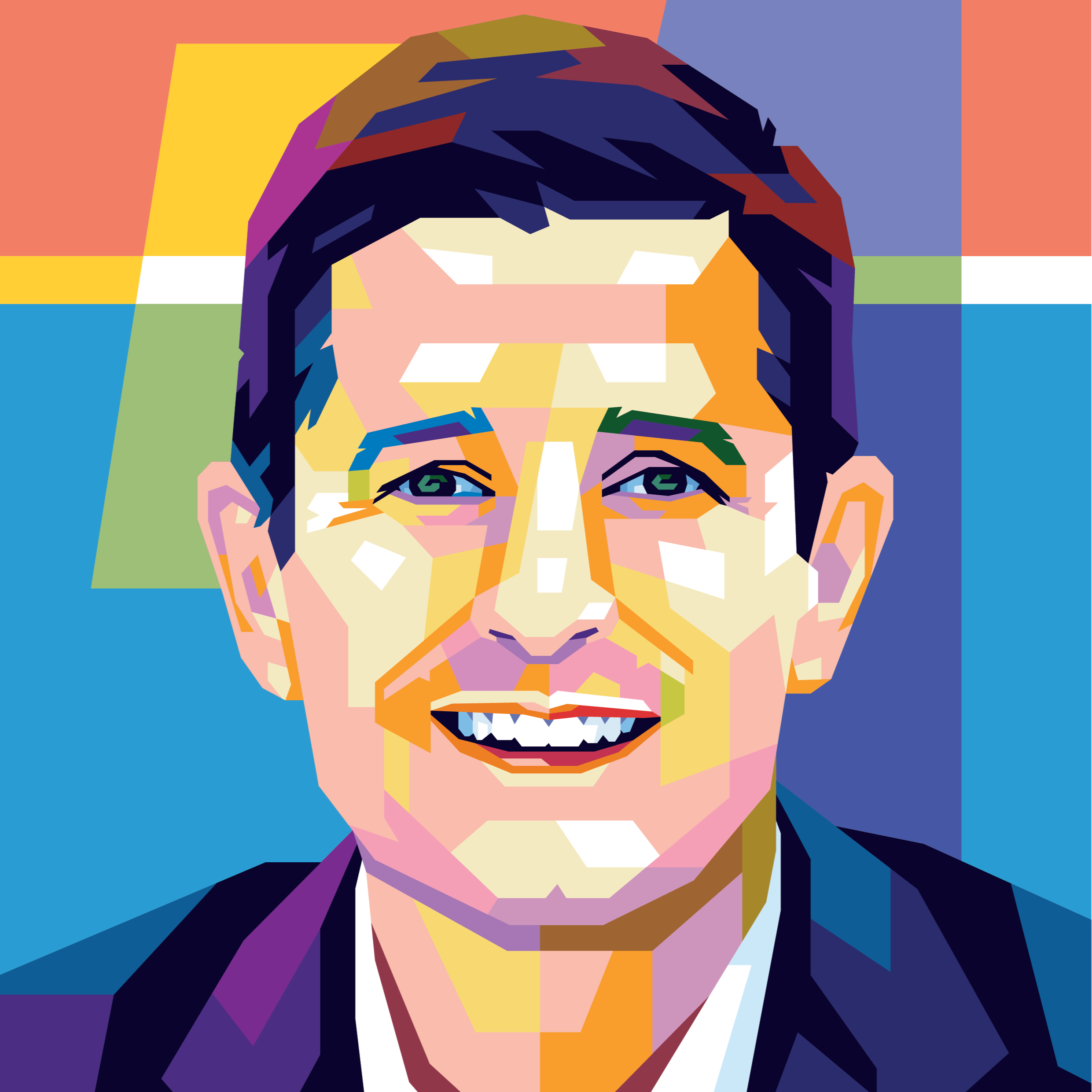A fascinating evolution of technology in the financial advisory space is underway.
In the last 20 years, significant technological advancements have revolutionized the industry. From scanning documents and managing servers to the contemporary discussions surrounding AI, the landscape has undergone a dramatic transformation.
I recently had the pleasure of sitting down with Chris Shuba, the CEO and Founder of Helios Quantitative Research. Shuba brings an insightful perspective on the practical applications of AI in financial advising.
He emphasizes how machine learning and AI, once complex and elusive concepts, are now becoming integral to enhancing productivity and consistency in investment outcomes. Drawing parallels to the impact of personal computers on productivity, Shuba illustrates how AI can similarly revolutionize financial advisory practices, making tasks more efficient and accessible. Click on the video to listen to the entire interview.

Transcript:
Suleman Din: Hey Chris, thanks so much for joining me today, I really appreciate it. We're doing something special here; T3 is marking 20 years; it's an incredible milestone for the organization and for a wealth bedroom when you think about it. Twenty years ago people were talking about scanning documents, how to have a server in my office.
Chris Shuba: Fax machines were a factor.
Din: Yeah, exactly. Today, what are we talking about at T3 – AI, we're talking about quantum computing, lots of innovation on the horizon – it compels me to ask you, at Helios, you guys are working with machine learning and AI, everyone is really interested in AI and I just want to understand what do we get out of it?
Shuba: Yeah, well that's the funny part about machine learning and AI, it's a word that rolls off our tongues now, or neural networks, or now generative AI like ChatGPT, and we've heard it forever. Very few people actually know what it is, get their mind around it, it's like when people say Bitcoin, like okay, explain it to me, and I think probably ad nauseam is a lot of folks that talk about the technology.
But you're right, the question is what's the outcomes? Like what are we going to get from this, and the big one, the easy one to start with is in a general sense more productivity. So we were kind of joking earlier, I said we don't make enough babies in the world, let alone in the US, and we're almost entirely dependent on immigration to beef up our workforce, but even that has limits, and that's obviously a political hot potato.
So in the most basic sense of what AI machine learning is going to do is make each individual person more productive. So the productivity curve is the amount you invest in someone and the number of people you have to invest in them.
Din: It sounds like a lot of retraining is going to need to be done, or just rethinking entirely.
Shuba: Or just maximizing what's possible out of one person. The easiest example of a shift in the productivity curve is when everybody got a personal computer. You know, you can literally do the job of ten people. Like accountant now with Excel, or TurboTax, can do so many more taxes – t's still the same job they've always had – they can just do more of it.
And it made it cheaper. So more people got access to something such as accounting work. The accountant could do it faster and everybody benefited because it was cheaper, but yet more volume.
Din: Right
Shuba: That exact same thing is going to happen with AI across all different types of outcomes. And I see it really in two major themes, or three. Volume, like we just exampleized – I just made up that word, by the way, exampleized – I made that up the example of an accountant.
Then you have errors. Right. If technology is smarter, there's less rework – so time, energy, that piece of it. And then the third one, of course, is going to be new capabilities entirely, you know, new jobs that didn't exist before. It's super exciting. It almost makes me like want to have a beer and think about this.
Din: Well, here's the flip side to that – more efficient advisor, more capable advisors – there's also going to be a more efficient clients, more capable clients. So, I wonder is there a dichotomy to that? If you're talking about the upsides here, you can do more your client is going to be able to do more, so that's going to be a challenge.
Shuba: You know that gets back to the whole question about the robos, right? So, ten years ago robos were going to take over and they didn't, right? You just have different types of consumers, right? You have those that don't want to think about it and they're going to go to the advisor, right or they want to think less about it and then you have those that really love managing their money, and they're going to keep doing that, and the resources are going to get bigger and better for all of us
The same way that AI works for doctors right now. You feed in all of the scenarios, the symptoms and it gets back to you the most probable diagnosis. The ability to read the X-rays and what not. Those types of tools are coming online for advisors now. But beyond capability sets, the most interesting thing for me – especially at Helios and what we really build AI machine learning around – is we're really looking for more consistency in investment outcomes.
Nobody has a crystal ball. It's really cool right now for me to plug our machine learning algorithms in, feed in all the data sets, and have it tell me what's most important going on in the world right now and have it nail it. Getting information is one thing, but translating that into more consistent investment outcomes, that's how you start getting crazy compound rates and – those holy grails that we've always talked about – that “consistency” feature. That's the word of 2024 at Helios: consistency. That's what I'm most excited about. That changes everything.
Din: How so?
Shuba: Well at the end of the day, there's every piece of work that an advisor is going to do is going to try to move the ball forward for themselves or for their client. I'm more efficient me as a business. And then for the client, it's going to be about one thing – making smarter decisions related to taxes related to strategy and then making my returns better.
And that consistency features on the return side because that's been the bugaboo forever, right? So the ability for advisors that are forward thinking, that want to have that type of capability in-house in the near term, that's just a competitive advantage to grow organically.
You know, 20 years from now, like you said at the top of the interview, this will be table stakes. It's just what machine learning and AI are you using? What, what neural nets are you using? Everybody is going to have it.
Din: I wonder even right now, as you guys have said, we can use AI and machine learning to make predictions that absolutely nail them. It's almost like when you're always able to perform at 100%, like 99%, it doesn't matter if you're 99% because 100% is dissent. That's a really high, always being right, always that consistency. I kind of feel like that becomes a really high bar to overcome if you're a person.
Shuba: Well, if you're a stats guy like me, there's no such thing as 100%. Very, very few things, but I get the spirit of what you're saying. You're right, the bar gets raised and it's not about AI taking over, in my opinion. Like I said, computers didn't take over, right? It's all about operators and humans finding their place with technology as a productivity tool. But there are some things like investing, which is very vast, it's incredibly hard.
We cut our teeth early on in linear algorithms, and I can't even explain how hard it is to build an algorithm ten years ago, and having no idea that something like the COVID era was gonna happen, but yet having to follow the same process through deep externalities like this. That was challenging for everybody. Overcoming those types of design problems where I don't have to build something and run it forever. I can constantly have it be evaluating new, more interesting data. It's not so much that what AI is doing is a magic ball or predicting the future, it's just a better process that you're following. And that's all humanity has ever used to get ahead, just better and better processes. That's it.
Din: What's the one process that, final thoughts, that in wealth management today, that you think is gonna be completely corrected in a decade or two from now?
Shuba: That'd be completely corrected? So that's a good question. The one that immediately came to mind, even though it's probably wrong, is the financial planning process itself. Because there are so many nooks and crannies, right? There's everything in the estate world, there's everything in the tax world, there's everything in strange corporate structures and small business owners and tax credits and there's so many pieces that go into a vastly holistic data set like that that I think once AI catches up, it's just gonna be perfect usage of the law, perfect usage of the tax code, perfect in its strategic design, and then it becomes the advisor and his or her tool sets to execute. You know, but I think that that's the area where I constantly feel like there's the most consternation that can be totally solved for is the data set, so it's just all rules, it's a matter of applying, correct? So that'd be my guess.
Din: Awesome. Well, we'll see where we are at 20 years from now. If we do that Jetson style, push a button, have a perfectly balanced financial plan, every aspect accounted for, that'll be nice, but well, I'm also very curious to see how that changes the actual profession itself.
Shuba: Yeah, it'll evolve, right? If there's one thing I know about smart, professional people, they're always going to evolve, right? Whether it's an advisor, whether it's a doctor, whether it's a lawyer, everybody's going to be affected. Everyone is going to figure out how to use it. Some won't, but those are the ones who just sell the practice and retire.
Din: Chris, it's been awesome having you on. Thank you so much. We look forward to seeing you at the next conference, man.
This blog is sponsored by AdvisorEngine Inc. The information, data and opinions in this commentary are as of the publication date, unless otherwise noted, and subject to change. This material is provided for informational purposes only and should not be considered a recommendation to use AdvisorEngine or deemed to be a specific offer to sell or provide, or a specific invitation to apply for, any financial product, instrument or service that may be mentioned. Information does not constitute a recommendation of any investment strategy, is not intended as investment advice and does not take into account all the circumstances of each investor. Opinions and forecasts discussed are those of the author, do not necessarily reflect the views of AdvisorEngine and are subject to change without notice. AdvisorEngine makes no representations as to the accuracy, completeness and validity of any statements made and will not be liable for any errors, omissions or representations. As a technology company, AdvisorEngine provides access to award-winning tools and will be compensated for providing such access. AdvisorEngine does not provide broker-dealer, custodian, investment advice or related investment services.





